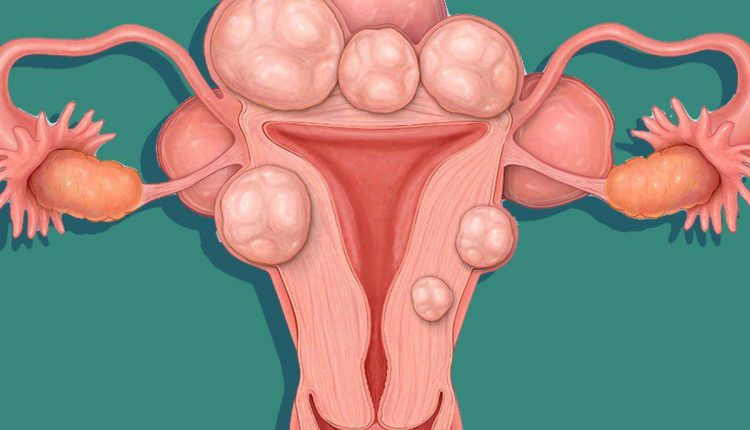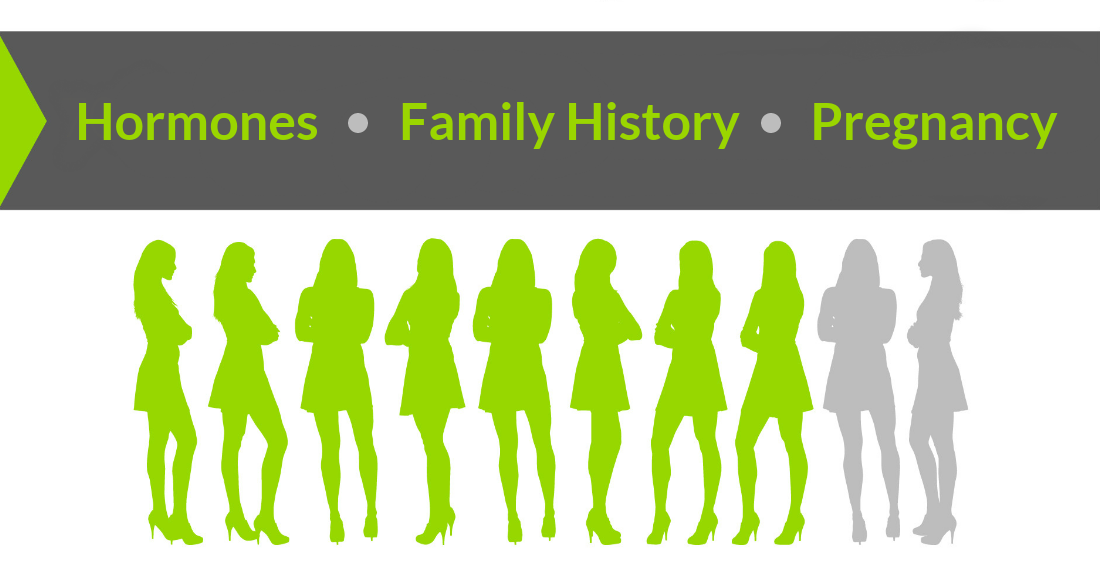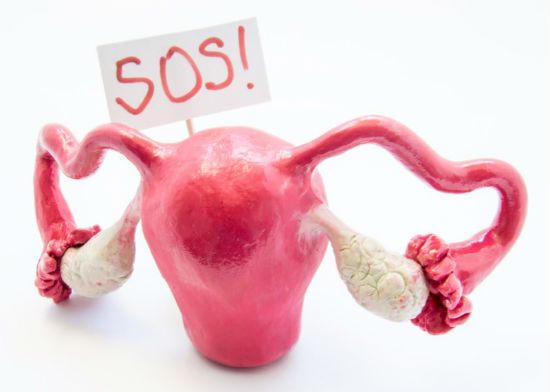
Fibroids – Symptoms and Causes
Fibroids are cysts or cells that develop inside or outside the uterus. Most of the times these cysts are non-symptomatic and don’t cause any kind of discomfort. Other times, they develop into huge cell growths that result in heavy menstrual bleeding and severe abdominal pain.
According to research, around 70-80% women have fibroids after they have hit their 50’s, but they never know about them.
Reasons for the Development of Fibroids
As of yet, there is no hardcore scientific evidence to prove what exactly causes this issue but experts believe they happen for the following reasons:

Hormones
At times, the two female hormones (estrogen and progesterone) are produced in large quantities which could lead to the creation of fibroids.
Family History
Women who have a family history of fibroids are more likely to have the condition. Check with your mother, sister, aunt or grandmother if they had this issue. Timely detection can lead to a timely cure.
Pregnancy
Most cases of fibroids happen during pregnancy. This is the time when women’s bodies are loaded with large quantities of hormones, and this leads to the development of fibroids.
Who is Most at the Risk of Fibroids?
Even though anyone can have this condition, some women are more at risk of this condition than others. Women who:
• Have a family history of the condition
• Are 30 years or older
• Have weight issues
• Are of the African-American ethnicity
Some lifestyle factors also act as contributors to the development of fibroids. These include:
• Use of birth control
• High consumption of red meat
• Lack of fruits, vegetables and dairy in diet
Signs and Symptoms
Generally there are little to no symptoms of fibroids. Sometimes women do develop certain signs and symptoms like:
• Pain in the lower back or abdomen
• Sudden extreme pain during periods
• Frequent urination
• Periods that last more than 7 days
• Stomach bloating or swelling
• Pelvis pain and pressure
Diagnosis
It is necessary to consult a gynecologist for an accurate diagnosis of this condition. The gynecologist will check the size, shape and condition of the fibroids. Ultrasounds as well as blood tests are recommended in order to see whether they are inside or outside the uterus, their size and whether they are blocking the uterus completely. Sometimes MRI is also recommended to see the condition of the fibroids as well as uterus and ovaries.
Treatment

Fibroids are not really dangerous and for most cases, doctors do not suggest any kind of treatment. They do not hinder a women from getting pregnant. If they are too painful or become acute, then they are shrunk with the help of medication.
There are very, very rare cases where the fibroid grew too much and needed to be taken out along with the uterus itself. Do you think you have this problem? Do not get tense, see your gynecologist immediately and find out if you need any kind of treatment.

